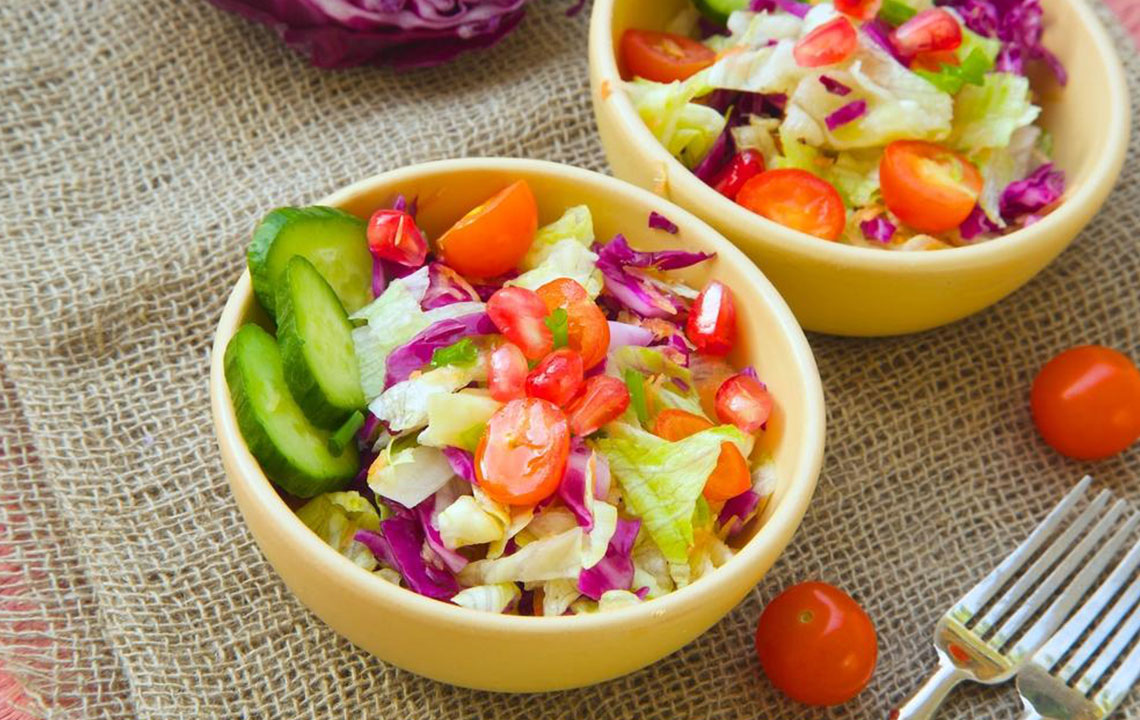Common Foods That Trigger Heartburn and How to Manage Them
Discover common foods that cause heartburn and learn effective ways to manage and prevent uncomfortable symptoms. This guide highlights triggers like onions, chocolate, citrus, caffeine, and fatty foods, along with practical tips for relief. If frequent heartburn affects your daily life, consult an healthcare provider for personalized advice. Understanding your diet and making mindful changes can significantly reduce reflux episodes and improve your digestive health.

Common Foods That Trigger Heartburn and How to Manage Them
What is heartburn?
Heartburn occurs when stomach acid rises into the esophagus, creating a burning sensation in the chest and throat. This discomfort often worsens after eating and can persist for hours. While over-the-counter antacids can alleviate symptoms, frequent episodes may signal gastroesophageal reflux disease (GERD).
Heartburn, also known as acid reflux, reflux, acidity, or indigestion, should be taken seriously if it happens regularly. Consulting a healthcare professional is recommended for persistent issues.
Foods that often trigger heartburn
Proper nutrition is essential, but some foods are known to cause discomfort:
Onions and black pepper: Raw onions increase stomach acid and are common culprits in heartburn. People with acid reflux should avoid onions altogether as they can exacerbate symptoms.
Chocolate: Despite being a comfort food, chocolate can induce heartburn by raising serotonin levels and its high fat content, leading to inflammation.
Citrus fruits: Oranges, limes, and their juices, especially in excess, can cause acid buildup. Raw citrus can also be problematic.
Caffeinated beverages: Coffee, tea, and sodas may trigger acid reflux by relaxing the esophageal sphincter.
Tomato products and peppermint: Items like ketchup, tomato juice, and peppermint can increase gastric acid and cause discomfort.
Alcohol and red wine: Drinking these can relax the esophageal sphincter, leading to reflux.
Fried and oily foods: These contribute to obesity and can irritate the esophagus, causing discomfort.
High-fat dairy and meats: Cheeses, butter, margarine, and fatty meats are linked to increased reflux symptoms.
Tips for prevention
To minimize heartburn episodes, consider these strategies:
Eat smaller meals more frequently to prevent overeating and bloating.
Avoid eating close to bedtime; allow at least two hours for digestion before lying down.
Increase intake of heartburn-friendly foods like vegetables, oatmeal, non-citrus fruits, egg whites, and ginger.
Important note: Our blog offers valuable insights, but this information should not replace medical advice. If you experience frequent heartburn, consult a healthcare professional for proper diagnosis and treatment. The site’s content is for informational purposes only and may not cover all treatment options or latest developments.










